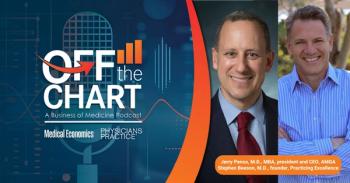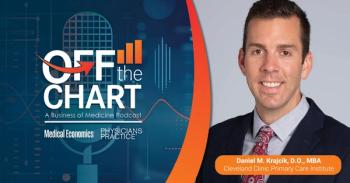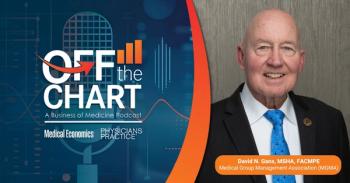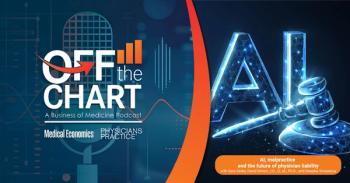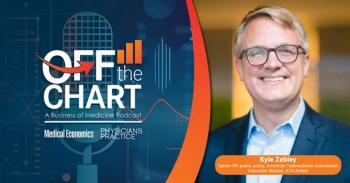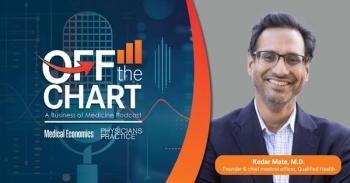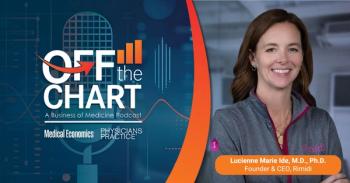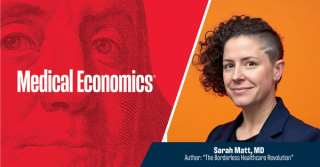
Practice Technology
Latest News
Latest Videos

Shorts










Podcasts
CME Content
More News

How many of these possible hazards are at your practice?
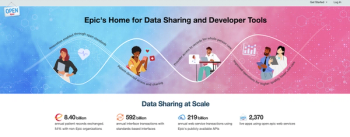
The electronic health records software giant filed its legal response and will seek dismissal of the lawsuit by the Texas Attorney General’s Office.

As new genetic markers come to light, whole genome reanalysis can support doctors by analyzing the raw data on drug effectiveness and potential disease indications.

A conversation with Peter Reilly, North American Healthcare Practice Leader, HUB International

Whether you like it or not, cybersecurity is a big part of practicing medicine in 2026

What started as a rapid, necessary shift has evolved into a permanent pillar of modern health care.

What you need to know about the biggest trends that will impact health care in 2026

What can a small practice do to stand out? Practice marketing experts interviewed by Medical Economics pointed to practical strategies that physicians can incorporate to rise above the crowd.

By strengthening that foundation first, emerging technologies can operate safely and consistently, delivering meaningful benefits to practices and patients.

Michigan Medicine analysis of 539 million appointments shows overall volume flat or falling, even in specialties that leaned hardest on virtual care.

Simple, repeatable coding habits can cut down on denials, support compliance and protect your margins in 2026.

The state makes history, partnering with the health-tech startup Doctronic to refill chronic medications under Utah’s AI sandbox .
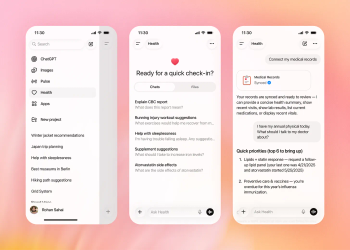
The new health-focused tab in ChatGPT lets users sync lab results, records and data from wellness apps for tailored answers.

New data show patients are using the chatbot to decode bills, compare insurance and fill access gaps, especially in hospital deserts and after clinic hours.

Wearables, artificial intelligence and workplace care models push medicine further from the clinic and deeper into daily life, group says.

Most Americans remain cautious about AI diagnosing them on its own, but views improve when the tech assists clinicians.

Physicians report rising comfort with artificial intelligence as a chart reviewer and clinical assistant, but data gaps persist.

A practical guide for physicians and practice managers.

A physician expert discusses changes in RPM policy and reimbursement.

The most popular stories of the year ranged from AI to MOC.

In November 2025, a panel of physicians, practice leaders and health care experts unpacked the challenges facing independent medical practice, and what the future may look like in 2026.

A physician expert discusses changes in RPM policy and reimbursement.
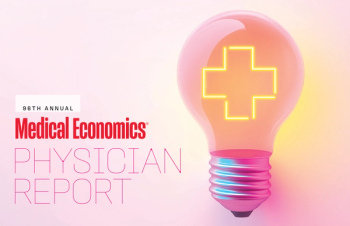
Our 96th annual Physician Report, released in August, features exclusive data on physician compensation, practice financial health and more.

A physician expert discusses changes in RPM policy and reimbursement.

Researchers raise concerns that the rapid uptake of AI-powered scribes may be outrunning proper oversight








